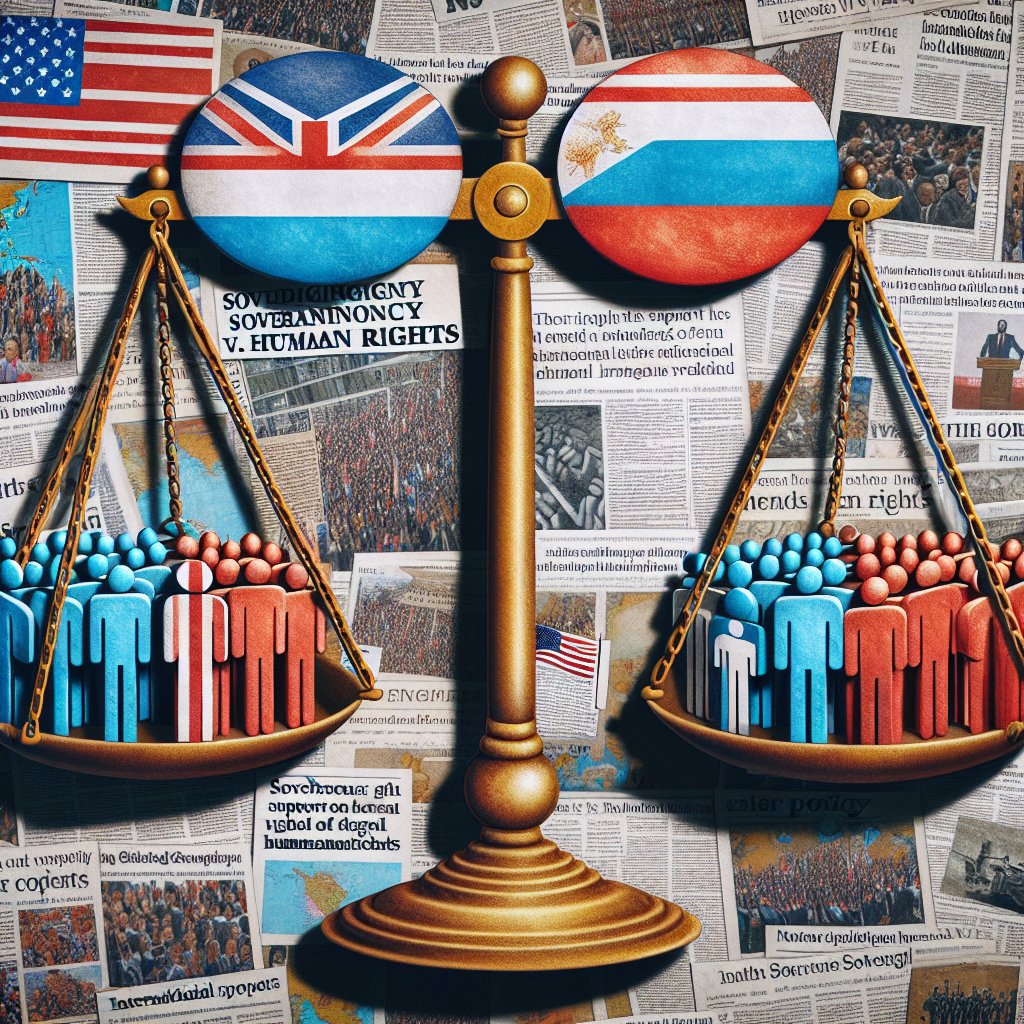Content created by AI
Iran Executes Four on Charges of Spying for Israel’s Mossad
In a move that has elicited both local support and international concern, Iran has announced the execution of three men and one woman for their supposed connections with Israel's intelligence organization, the Mossad. The judiciary-affiliated Mizan news agency confirmed the hangings on Friday in West Azerbaijan, citing espionage and "moharebeh" - translated as "waging war against God" - amongst the charges.
The four individuals, identified as Vafa Hanareh, Aram Omari, Rahman Parhazo, and Nasim Namazi, were pronounced guilty after being surveilled by Iranian intelligence. Their alleged activities included extracting intelligence from kidnapped security forces and setting fire to property owned by agents. The severity of the convictions extended to several associates, who received decade-long prison sentences.
The surveilling period, stretched from January to May 2022, eventually led to the group's arrest and pronounced guilt. These drastic measures occur amidst a backdrop of a 'shadow war' between Iran and Israel, with accusations involving attacks and assassinations directed at Iran's nuclear and defense ambitions. In recent history, Iran has repeatedly pointed fingers at Israel for sabotage, while also presenting an alarming number of executions as confirmed by human rights organizations such as Amnesty International.
Iran's use of capital punishment has been under constant criticism. Not only is it seen by many as a severe measure, but the sheer volume of executions propels Iran to the top of global rankings, second only to China in terms of numbers. The United Nations human rights chief, Volker Turk, and the Iran Human Rights group based in Norway highlight the scale, deeming it an abominable trend. Moreover, the judicial processes during the anti-government protests in the past year, which followed the contentious death of Mahsa Amini, have seen the implementation of death sentences, sparking further outcry from human rights advocates.
The international community watches as the dichotomy between internal support and external criticism of Iran's judicial measures deepens. Human rights bodies continue to voice their disapproval, but within Iran, these actions are often portrayed as necessary for national security and maintaining religious and social order. The debate over Iran's use of the death penalty persists, highlighting the ongoing tension between sovereignty and international human rights standards.
#GOOGLE_AD










